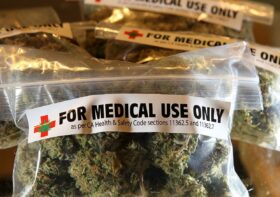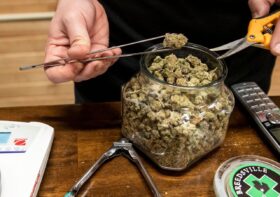The Importance of Medical Cannabis Dosing Studies
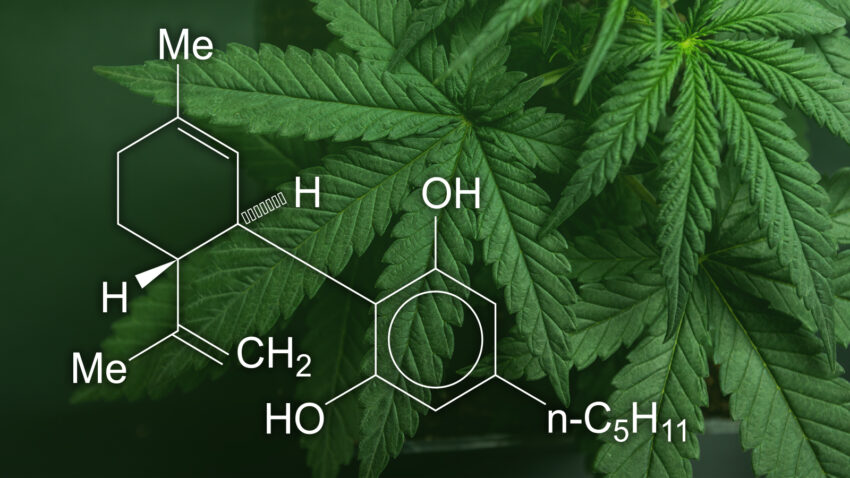
As a result of the establishment of a federally regulated pharmaceutical framework for medical cannabis in Australia, medical cannabis enterprises now have significant opportunity to do research and development.
When it comes to the creation of innovative drugs, having a thorough understanding of the appropriate dose and titration regimens and performing them accurately are of the utmost importance to the final result of the therapy. It is becoming increasingly clear that research on dose is necessary in light of the potential that medical cannabis treatment for a diverse range of diseases.
Studies on the Dosage of Medical Cannabis
Research on discovering the optimal dose and developing optimal dosage regimens are typically incorporated into clinical safety and effectiveness trials conducted throughout phases I and II. Research that is preclinical or pilot in nature may be carried out once a programme for the clinical development of a product has been initiated. These kinds of exploratory research are performed before phase I clinical trials, and they assess how a new medicine will first affect the body’s physiology. The preliminary activity and safety of the medicine are evaluated in the phase I clinical studies. In order to precisely calculate an acceptable dosage range, both the exposure and the patient’s variability in response to the exposure are analysed.
See also: Australian Law and Medical Canabis Usage for Drivers
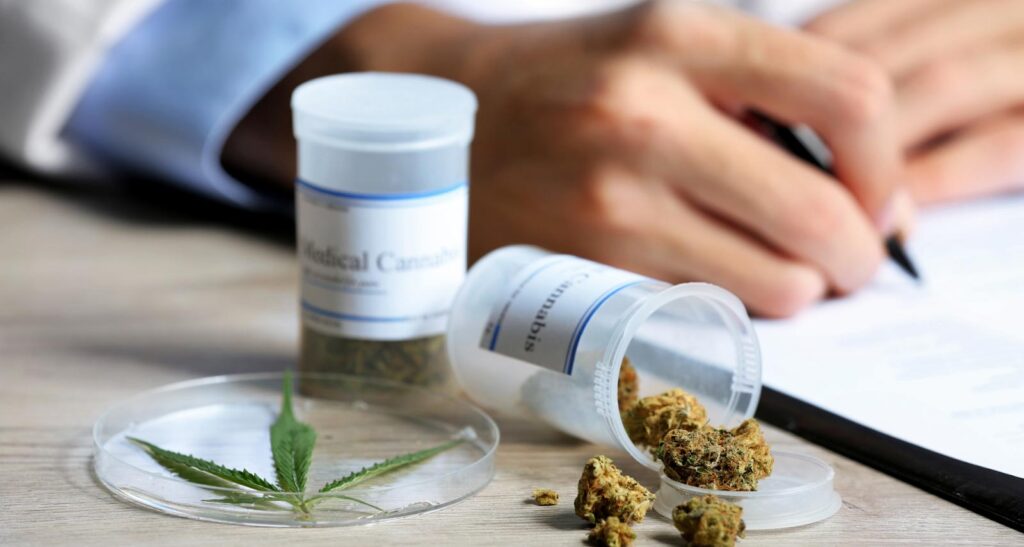
In phase II clinical trials, dosage regimens are reviewed further, and in most cases, a range of dosages is tested to determine which is safest and most effective. It is possible to collect blood samples at a variety of time periods during the programme. Doing so will make it possible to conduct an analysis of the drug exposure-response data from phases I and II. The modelling of this data is used to determine the appropriate dosage, dosing regime, and best practise for phase III clinical studies.
When discussing innovative medicines, there is widespread consensus that the decision of dose for phase III trials should not be determined by theory but rather through well-designed dose-finding investigations. This is because hypotheses are notoriously unreliable sources of medical information. The combination of the dose information gathered from phase I and phase II should make it possible to conduct in-depth analyses and the capacity to modify dosage protocols as the clinical development programme progresses.
When it comes to the use of cannabis for medical purposes, our understanding of the correct dosage to provide in response to a given indication is still developing. Additional research and development are required in order to determine the appropriate dose, pace, and manner of administration for cannabinoids as the industry continues to find aspects of the pharmacodynamics and pharmacokinetics of these compounds.
The phenomenon of hormesis demonstrates how critical it is to have a solid grasp of dose while using cannabis for medical purposes. Hormetic responses are characterised by a link between dose-responses, in which a low dosage of a medication shows a stimulatory impact and higher doses an inhibitory effect. Hormones are chemical messengers that play a role in many physiological processes. One illustration of this may be observed in the dosage of cannabidiol for anxiety, where it has been demonstrated that modest doses are more effective than high doses in treating the condition.
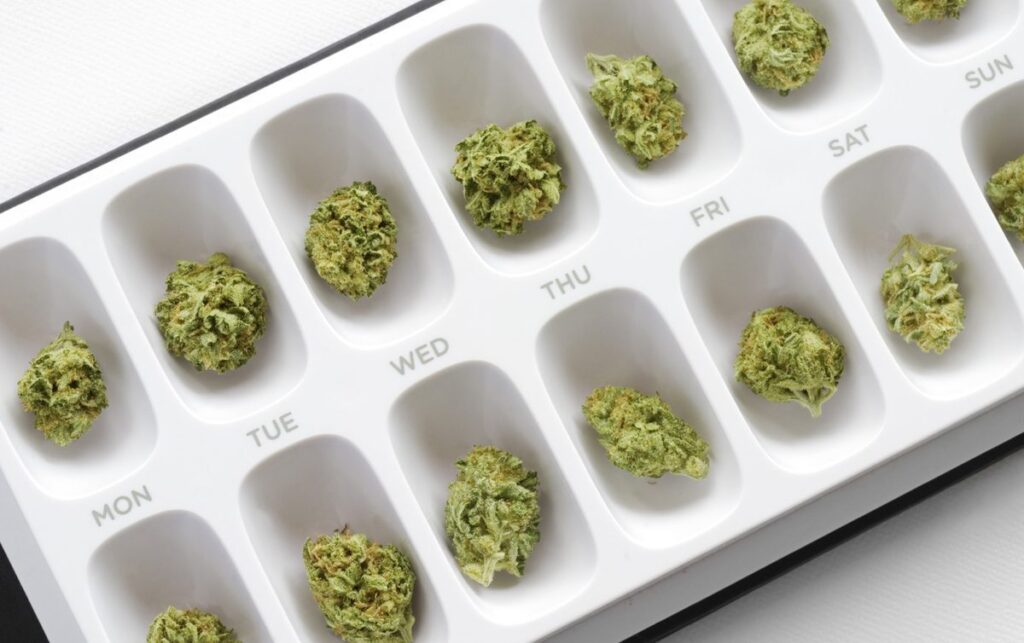
It is impossible to place enough emphasis on the significance of performing dose optimisation through phase I, phase II, and nonclinical dosing studies. This is because medical cannabis products come in such a wide variety of chemical compositions, and they can treat such a wide variety of conditions. Understanding optimal doses prior to product release is warranted and beneficial to both patient outcomes and the success of a product. While postmarket dose-optimization research does have a place, understanding optimal doses before product release is more important for reasons of safety and ethics.
Research on Medical Cannabis Treatment in Australia
The environment for carrying out clinical trials in Australia is one that is highly cost-competitive. Before taking into account any tax benefits, it has been demonstrated that savings of more than 28 percent may be achieved when compared with the United States. In establishing such a comparison, it is helpful to highlight that in contrast to the United States, Australia has a nationally legal framework for cannabis, making it much simpler to get research projects off the ground.
In addition to these advantages, there are a variety of other reasons why clinical trials and research linked to doses should be carried out in Australia. Research in Australia is carried out in accordance with globally recognised procedures, and the country takes a strategy that is unmistakably pharmacological.
In addition, recent modifications in regulatory and ethics clearance paths have ensured more efficient procedures in terms of applications and approvals, both in terms of time and money. Medical cannabis products are expected to reach up to 25,000 in 2019. This presents an opportunity to satisfy recruiting needs within a group that is receptive and appreciative of the product.
The medical cannabis sector in Australia is still in its infancy when compared to other global heavyweights such as Canada and the United States. However, because Australia has established a medical cannabis framework that is legal at the federal level and because our pharmaceutical approach is highly regarded throughout the world, Australia is poised to become a highly desirable location for conducting cannabis dose finding research as well as clinical studies of any kind.
To also know more about where to buy medical cannabis in Australia and other medical marijuana resources, you should book a consultation session with a professional from Chronic Therapy today.

